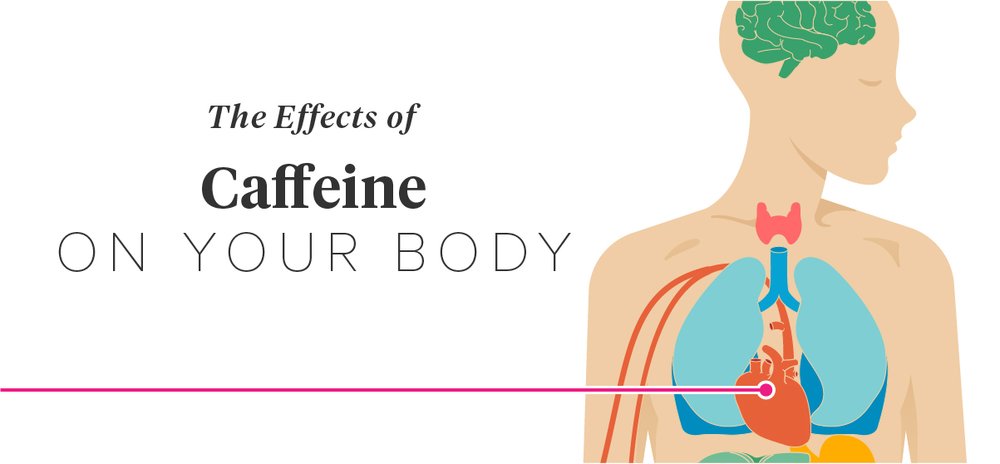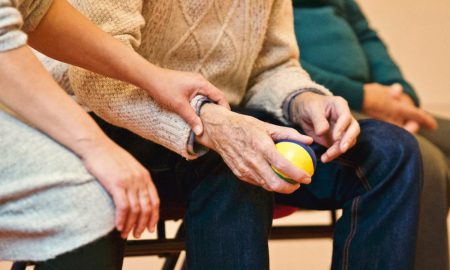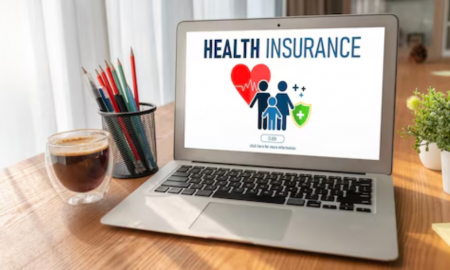
Is Caffeine Similar To Illegal Drugs?

What is the answer you can expect if you ask people which are the most popular drug in the world? It is highly probable that you would receive answers like cannabis and marijuana with some even mentioning tobacco and alcohol. It is unlikely that you may hear the name of caffeine as a compound which is similar to any of the substances mentioned above. This is simply because people don’t consider drinking coffee in a similar fashion.
Caffeine is the sole drug which is promoted throughout the world by parents and friends alike. If you receive a gift card from Starbucks you will in all possibility be advised by your parents to have a cup of coffee. Despite understanding how caffeine is similar to illegal drugs, why do people don’t acknowledge the fact that it has addictive qualities which can bring upon them a number of problems? Let us look at some of the reasons why people are avoiding the mention of caffeine as similar to an illegal drug.
Caffeine Makes Us Feel Good

Caffeine Gives Us The Boost We Need.
The primary reason why people are developing the habit of drugs is that it makes them feel good. Users of addictive substances, in fact, feel so good they are prepared to ignore the dangers and are willing to take them, despite the risks of side effects. Caffeine or coffee does not cause similar highs and lows like addictive substances such as heroin but the capacity to do so definitely exist.
The consumption of caffeine releases the chemical dopamine which can lead to euphoria. Drugs that are similar and also lead to the release of this chemical are ecstasy and cocaine. Research conducted recently has also provided evidence that caffeine has the qualities of acting on the neurotransmitters that are affected when one has marijuana. The high that one feels after having the 1st cup of coffee in the morning is because the chemicals are being released by the reward system of the brain. It causes a rise in productivity within the user which is often mistaken for the positive effects of caffeine consumption.
Caffeine Also Has Its Side Effects
Everything in life has some side effects and caffeine is no exception to this rule, especially when consumed in excessive quantities. The most common side effects, which are known to all, include insomnia, nervousness, and anxiety. However, the consumption of caffeine can also have negative side effects which are considered as rare but can occur in many individuals. Caffeine has the potential to cause problems of the stomach, vomiting, nausea, headaches, chest pain and increase the rate of the heart.
Some people are advised extra caution when consuming caffeine, especially if they are suffering from anxiety or bipolar disorders. Pregnant women are also advised not to consume caffeine as are people that are suffering from problems like glaucoma, hypertension, and epilepsy. People suffering from these problems are advised to have a consultation with their doctor or try to obtain the information from online sources. The side effects spoken about are rare and may not affect every individual but being informed about them never harms anyone.
You Can Develop A Tolerance For Caffeine

You Can Become Dependent On Caffeine
Consuming a substance often enough and you will soon develop a tolerance within a period of time. You feel elated the first time you have it and enjoy it as a memorable occasion. You enjoy it the second time but possibly not as much as the initial experience. Continue using the substance often and you soon become dependent on it. Caffeine tolerance develops in as little as four days and the only option available to you to stop the development is to keep your consumption levels low. You can decide to take a few days off from caffeine but you must be prepared for the effects which will follow.
Withdrawal Symptoms Can Also Affect You

Withdrawal Symptoms Such As Depression, Headaches And Constipation Can Affect You
Giving up caffeine is similar to giving up hard drugs and people who are accustomed to having a few cups every day will feel the effects of caffeine withdrawal. They will not be getting the energy boost they are looking for which they get when the consumption of caffeine makes them release adrenaline. Overconsumption of caffeine ultimately wears down the adrenal gland, making people dependent on the boost provided by this substance. This can lead to withdrawal symptoms which can range from headaches, constipation, and depression. Fortunately, the withdrawal symptoms are usually of a milder nature and not as severe as the symptoms felt by users of hard drugs and generally subside in about a week.
Overdosing On Caffeine

Fatalities By Overdosing On Caffeine Have Been Observed.
It is also possible for people to overdose on caffeine when it is not enjoyed in moderation. Experts have mentioned that about 400 MG of caffeine is within the safety limits for adults but the quantity can differ according to age, weight, and gender. An overdose of caffeine can cause unpleasant symptoms which will go away after the caffeine is flushed out of the body. The symptoms are not as bad as the symptoms of using hard drugs. Advice is therefore provided that the consumption of caffeine is limited to less than 400 MG, especially among people who may not have a sturdy build.
Apart from the above, caffeine also has the potential to cause fatalities and incidents of caffeine-induced cardiac arrhythmia have been recorded when an individual had over 470 MG of caffeine within a couple of hours. Similarly, it can also cause hallucinations and increase stress. Caffeine is also similar to a social drug as alcohol is and is widely accepted by many.
If illegal drugs are expensive, caffeine doesn’t figure low on the list of expensive habits. Some people can spend as high as $10 on coffee every day which can total up to $300 a month and can cause a serious dent in the wallet of the individual. After taking into account every problem that can affect people who are consuming caffeine regularly, it can definitely be mentioned that caffeine is similar to illegal drugs.
More in Mental Health
-
`
Is Swimming in Cold Water Good for You?
Swimming is a beloved activity that provides numerous physical and mental health benefits. Swimming can be a fantastic workout, whether you’re...
November 15, 2023 -
`
Unlocking the True Benefits of Detox Water
Detox water has taken the health and wellness world by storm, promising a wide range of benefits that go beyond ordinary...
November 7, 2023 -
`
How Tom Brady Shed 10 lbs After Retirement
One of the NFL’s most celebrated athletes, Tom Brady, has always been a topic of discussion. Brady never fails to surprise,...
November 1, 2023 -
`
AI’s Hidden Toll on Our Brains
Artificial Intelligence (AI) has permeated almost every facet of our lives, from virtual assistants and recommendation algorithms to autonomous vehicles and...
October 24, 2023 -
`
What to Drink During a Workout
When it comes to getting the most out of your workout, proper hydration is key. What you drink during exercise can...
October 17, 2023 -
`
Wearable Technology Applications in Healthcare
The world of healthcare is evolving at an unprecedented pace, and wearable technology is one of the driving forces behind this...
October 10, 2023 -
`
Initiating and Integrating Exercise in Daily Life
Incorporating exercise into our daily lives is essential for maintaining optimal health and well-being. However, initiating a fitness routine and seamlessly...
October 10, 2023 -
`
Jason Momoa’s Workout Routine for Iconic Aquaman Look
We all remember the moment: The big screen lights up, waves crash, and out emerges Jason Momoa as Aquaman, with his...
October 8, 2023 -
`
Crying: The Benefits on Mental Health
In a world that often champions stoicism and emotional restraint, shedding tears is sometimes dismissed as a sign of vulnerability. However,...
September 26, 2023















You must be logged in to post a comment Login